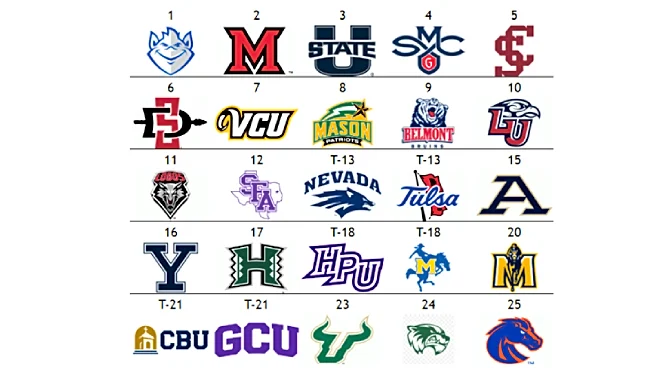Rapid Read • 8 min read
The rise of influencer marketing has led to increased scrutiny and regulatory measures, prompting a growing need for influencer insurance. Influencers, who often promote products and services on social media, face significant risks due to evolving regulations. The Financial Conduct Authority (FCA) and the Advertising Standards Authority (ASA) have tightened rules to ensure compliance with advertising standards, particularly in financial promotions. This has led to platforms like Google and TikTok restricting financial ads to authorized entities. Despite these measures, many influencers remain underinsured, exposing them to potential financial and reputational risks. Influencer insurance, such as policies offered by Hiscox, provides coverage for defamation, breach of contract, and intellectual property issues, addressing the unique challenges faced by influencers.
AD
The increasing regulatory focus on influencer marketing highlights the need for adequate protection for content creators. As influencers play a crucial role in modern marketing strategies, their ability to navigate legal and financial risks is vital for their sustainability. The introduction of influencer insurance reflects the industry's adaptation to these challenges, offering a safety net for influencers who might otherwise face significant liabilities. This development is crucial for maintaining trust and transparency in the digital marketing ecosystem, benefiting both influencers and the brands they represent.
As regulatory bodies continue to enforce stricter guidelines, the demand for influencer insurance is expected to grow. Influencers will need to become more aware of the risks associated with their activities and seek appropriate coverage to protect themselves. Insurance providers may develop more tailored products to meet the specific needs of influencers, potentially leading to a more mature market. Additionally, brands may increasingly require influencers to hold insurance as a condition for collaboration, further driving the adoption of these policies.
The rise of influencer insurance also raises questions about the broader implications for digital marketing. As influencers become more accountable for their content, there may be a shift towards more ethical and transparent practices. This could lead to a reevaluation of the influencer-brand relationship, with a focus on long-term partnerships and mutual trust. Furthermore, the insurance industry may see new opportunities in developing products that cater to the unique risks of digital content creation.
AD
More Stories You Might Enjoy













